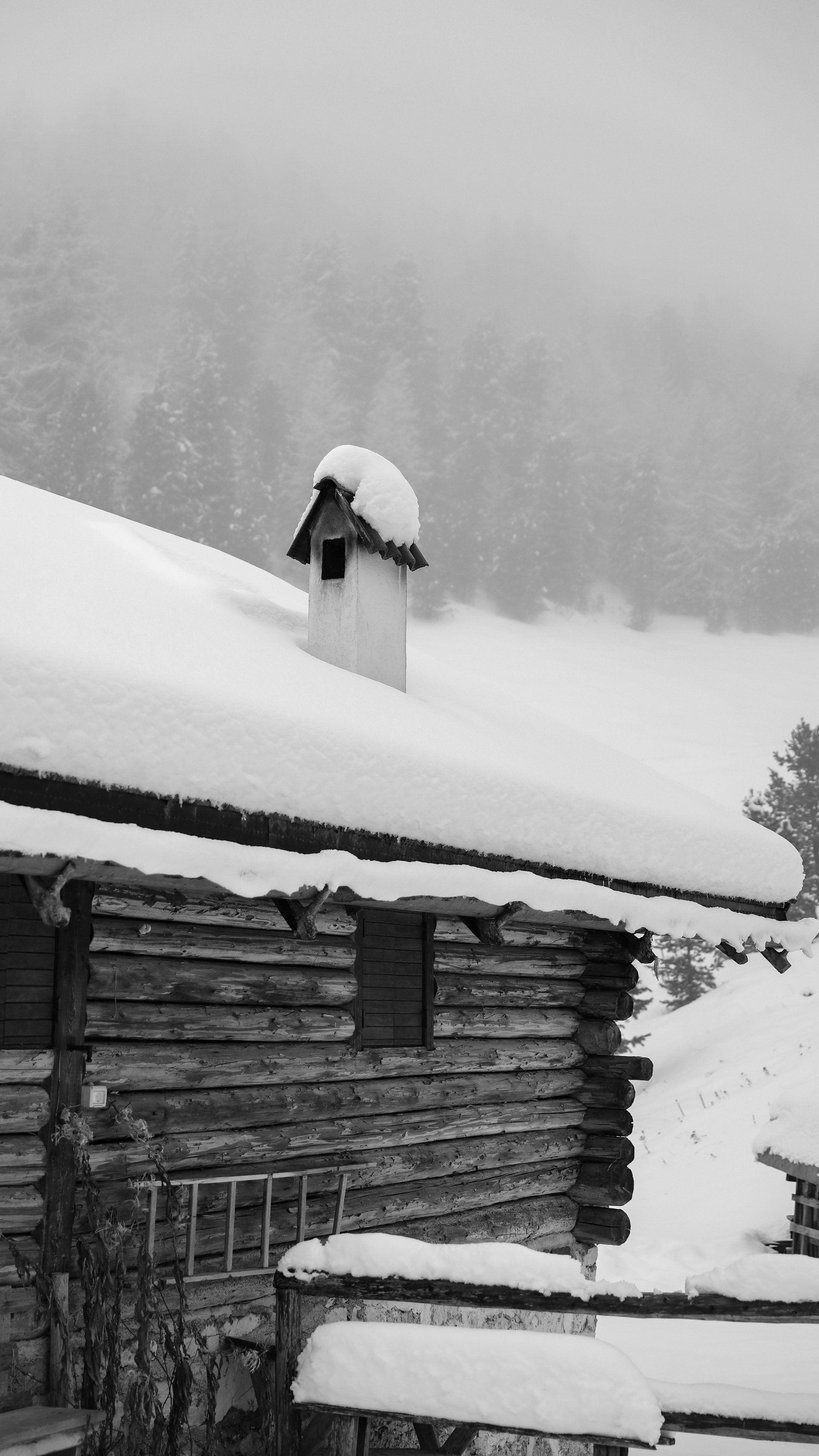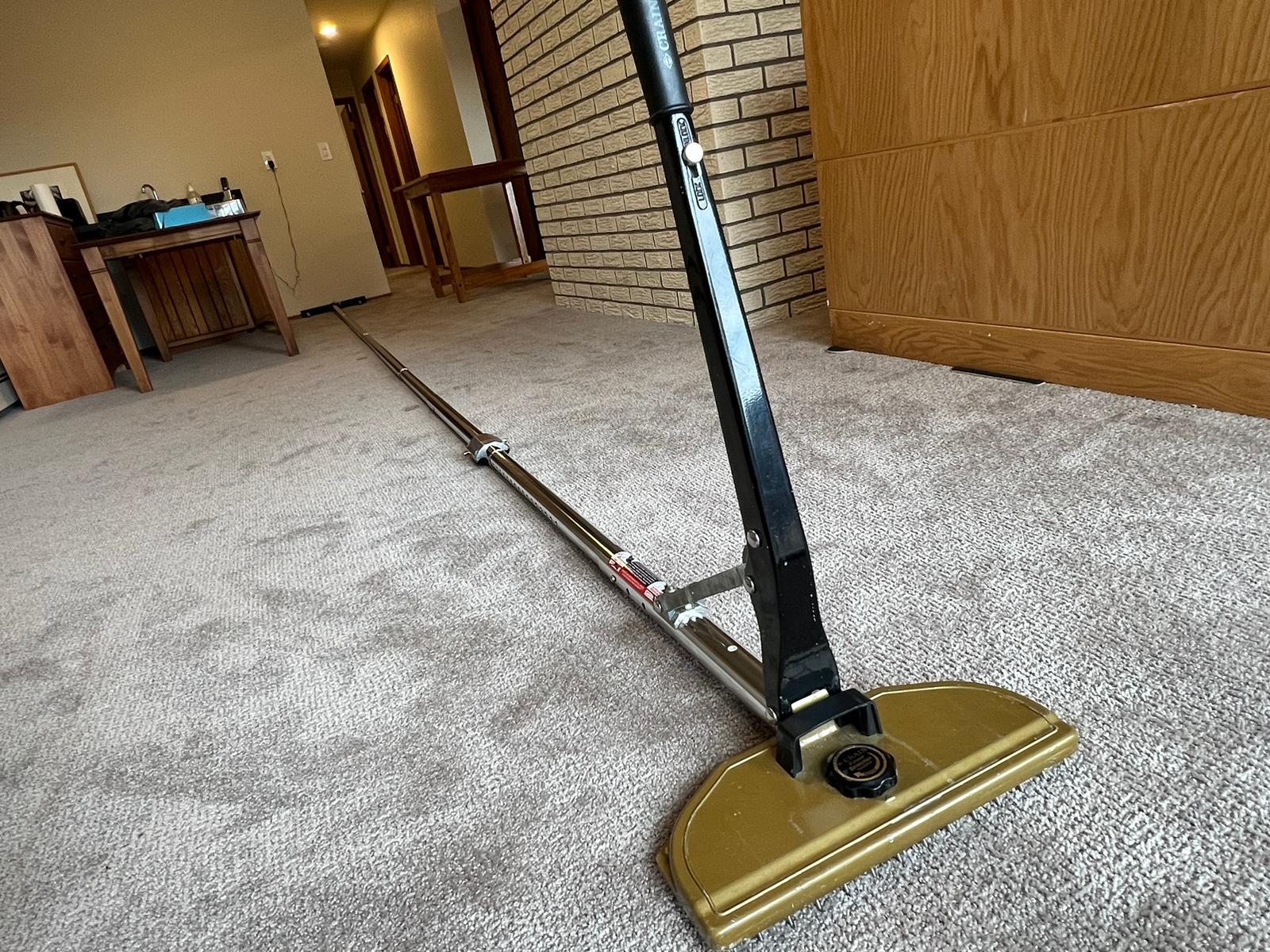First Comes Leaks, Then Comes Mold
How to prevent mold after a flood
In a previous blog Damaging Deep Freeze, we briefly discussed what to do before, during, and after a flood. I would like to focus on the after in this article, as this is when we are often called in to help our clients.
A major flood is easy to catch. In the video in the right column, a major flood was happening and there was no way a person could stay in that room and not notice it. Floods or leaks in a hidden places are harder to find. In a previous post, we discussed the fact that unattended floods have the potential for the most extensive damage for a home or business. Likewise, floods that are in an attended home or business, but that are located in a hidden place are just as damaging. Attics and basements are often times places where even a small leak can turn into major bill if left unchecked.
According to IICRC Mold Remediation Standards, mold spores can develop in 72 hours after a water event. Of course we are only talking about microscopic spores. Proper and immediate drying with commercial equipment can resolve this right after a flood or leak. But imagine if a small leak happened and was not discovered for several months. Those few microscopic spores will turn into a flourishing mold colony, causing health issues due to compromised air quality, and an expensive mold remediation.
The Take Away
Floods are not always preventable, but there are a number of steps that can be taken to mitigate the damage and the cost of a flood and the after effects.
Below we have a helpful chart that will assist with preventing mold. And of course, you are always welcome to contact us via the contact form or call directly @ 719-744-8311




